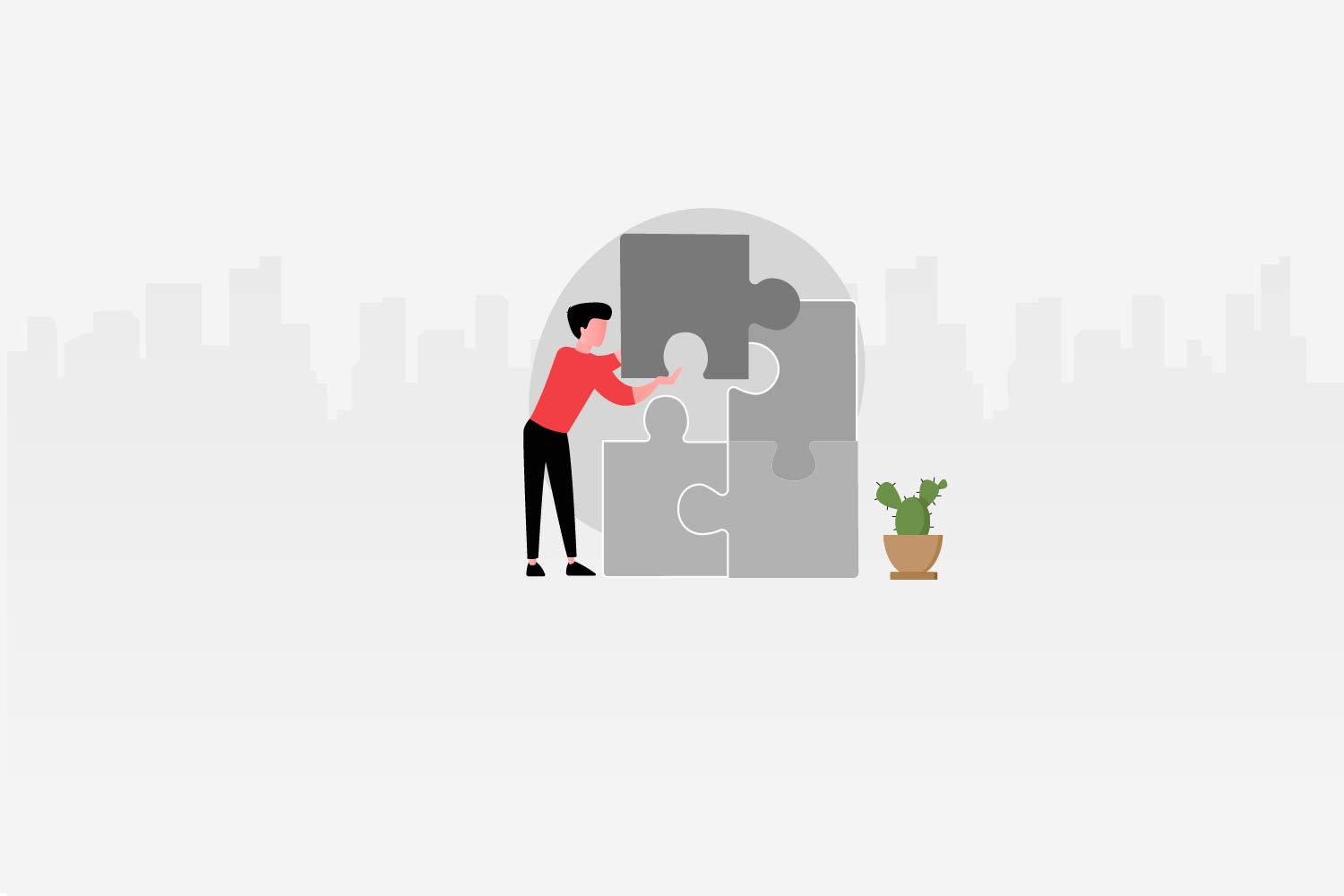Recruiters face the constant challenge of identifying candidates who not only possess the necessary skills and qualifications but also align with the organizational culture and demonstrate consistent, high-performance levels.
A research by Journal of Applied Psychology indicates that organizations utilizing the Big Five personality test in recruitment experience a 20% increase in employee retention and a 15% boost in overall job performance.
Traditional recruitment methods often fall short in providing a comprehensive understanding of a candidate’s potential for success in a specific role. This has led recruiters to explore alternative approaches, one of which is the application of psychological assessments, particularly the Big Five personality test, as a predictive tool for job performance.
The big five personality traits
The Big Five, also known as the Five-Factor Model (FFM), is a widely accepted framework in psychology that categorizes human personality into five broad dimensions. These dimensions are:
- Openness to Experience
- Conscientiousness
- Extraversion
- Agreeableness
- Neuroticism
Recruiters are increasingly turning to the Big Five personality test as a reliable and scientifically validated tool to predict job performance. Let’s delve into each personality trait and explore how they contribute to an individual’s success in the workplace.
1. Openness to experience
Openness to Experience reflects an individual’s inclination towards creativity, curiosity, and a willingness to embrace new ideas. Candidates with high levels of openness are likely to be adaptable, innovative, and more open-minded, making them suitable for roles that require creative problem-solving, strategic thinking, and adaptability.
Recruiters can leverage assessments that measure openness to identify candidates who are more likely to thrive in dynamic and challenging work environments. By aligning a candidate’s openness to experience with the demands of the role, recruiters can make more informed decisions about their potential success within the organization.
2. Conscientiousness
Conscientiousness pertains to an individual’s degree of organization, diligence, and reliability. Individuals with high conscientiousness are detail-oriented, goal-driven, and consistently demonstrate a strong work ethic. This trait is particularly valuable in roles that require precision, consistency, and a high level of responsibility.
Recruiters can use conscientiousness assessments to identify candidates who are likely to meet deadlines, follow through on tasks, and consistently deliver high-quality work. This trait is crucial in various professions, from project management to finance, where precision and reliability are paramount.
3. Extraversion
Extraversion refers to an individual’s level of sociability, assertiveness, and comfort in social situations. While introverts may excel in roles that require independent work and deep concentration, extroverts thrive in positions that involve teamwork, networking, and client interaction.
Recruiters can gauge a candidate’s extraversion to ensure alignment with the social demands of a role. Sales, marketing, and leadership positions often benefit from individuals with higher levels of extraversion, as they tend to be more outgoing, persuasive, and comfortable in social settings.
4. Agreeableness
Agreeableness reflects an individual’s interpersonal relations, cooperation, and compassion. Highly agreeable individuals are generally cooperative, empathetic, and team-oriented. This trait is crucial in fostering a positive work environment and effective collaboration among team members.
Recruiters can assess agreeableness to identify candidates who are likely to contribute positively to team dynamics and maintain harmonious relationships with colleagues. In customer service, human resources, and team-based projects, agreeableness is a key predictor of a candidate’s ability to navigate interpersonal challenges and promote a collaborative atmosphere.
5. Neuroticism
Neuroticism measures emotional stability, resilience, and the ability to cope with stress. Individuals with low neuroticism are more emotionally stable, calm under pressure, and less prone to anxiety. In contrast, those with high neuroticism may experience heightened emotional reactions and find it challenging to handle stressful situations.
Recruiters can use neuroticism assessments to gauge a candidate’s ability to cope with the demands of a role. In high-stress professions such as emergency services, healthcare, and crisis management, selecting candidates with lower neuroticism levels can contribute to a more stable and resilient workforce.
Applications of the big five in recruitment
Applications of the Big Five personality test in recruitment extend beyond initial screening and interviewing processes, encompassing long-term benefits such as informed talent development strategies and targeted employee training programs.
1. Customizing job descriptions
Understanding the personality traits associated with job roles enables recruiters to craft more targeted and accurate job descriptions. By incorporating the specific traits required for success in a role, recruiters can attract candidates whose natural dispositions align with the demands of the position.
For example, a job description for a creative role might emphasize the importance of openness to experience, while a project management position may highlight the significance of conscientiousness. Tailoring job descriptions to align with the Big Five traits not only attracts suitable candidates but also sets clear expectations for job performance.
2. Screening and Shortlisting
Psychometric assessments based on the Big Five can serve as valuable screening tools during the initial stages of recruitment. By incorporating personality assessments into the screening process, recruiters can efficiently shortlist candidates who possess the desired traits for a particular role.
These assessments provide recruiters with insights into a candidate’s personality beyond what is evident from their resume and traditional interviews. Screening based on personality traits allows recruiters to identify candidates with the potential to thrive in the organization’s culture and contribute positively to team dynamics.
3. Enhancing interview processes
While traditional interviews remain a crucial part of the recruitment process, incorporating Big Five personality test into interview assessments can provide a more comprehensive evaluation of a candidate’s suitability for a role. Behavioral interview questions aligned with each trait allow recruiters to delve deeper into a candidate’s past experiences and assess how their personality traits have influenced their work.
For instance, a question designed to assess conscientiousness might inquire about a candidate’s approach to meeting deadlines or handling challenging situations. By structuring interviews to explore specific personality traits, recruiters can make more informed decisions about a candidate’s fit within the organization.
4. Cultural fit and employee engagement
The Big Five personality traits play a significant role in determining cultural fit within an organization. Companies with well-defined values and a distinct organizational culture can benefit from assessing candidates based on their alignment with these cultural elements.
Recruiters can use personality assessments to identify candidates whose values and personality traits align with the company’s culture. This not only contributes to a harmonious work environment but also enhances employee engagement and retention by ensuring that employees feel a sense of belonging and connection to the organizational ethos.
Challenges and considerations
While the Big Five personality test offers valuable insights into predicting job performance, it is essential for recruiters to consider certain challenges and limitations associated with personality assessments:
1. Ethical considerations
The use of personality assessments in recruitment raises ethical concerns regarding privacy, fairness, and potential bias. Recruiters must ensure that the assessments used are scientifically validated, free from bias, and applied consistently across all candidates to avoid discrimination.
2. Contextual variability
Personality traits may manifest differently in various contexts. A candidate’s behavior in a professional setting may differ from their behavior in a social or personal environment. Recruiters should interpret personality assessment results with an understanding of the context in which the traits are being evaluated.
3. Dynamic nature of personality
Personality is not static and can change over time due to various factors, including life experiences and personal growth. While the Big Five provides a snapshot of a candidate’s personality at a specific point, recruiters should be mindful of the dynamic nature of personality and its potential evolution.
4. Integration with other assessment methods
Personality assessments should complement, not replace, other assessment methods such as skills tests, cognitive assessments, and traditional interviews. A holistic approach that considers multiple factors provides a more comprehensive understanding of a candidate’s suitability for a role.
Conclusion
Predicting job performance is a constant challenge for recruiters. The Big Five personality tests offer a scientifically validated and reliable framework for assessing a candidate’s potential success in a specific role. By incorporating the Big Five into the recruitment process, recruiters can customize job descriptions, streamline screening processes, enhance interview assessments, and ensure cultural alignment.
While the application of personality assessments provides valuable insights, it is crucial for recruiters to navigate ethical considerations, acknowledge contextual variability, recognize the dynamic nature of personality, and integrate these assessments with other evaluation methods. As recruitment practices continue to evolve, leveraging the predictive power of the Big Five can significantly contribute to identifying candidates who not only possess the necessary skills but also exhibit the personality traits essential for sustained high performance in the ever-changing dynamics of the workplace.
Ready to revolutionize your recruitment process? Elevate your talent acquisition with Testlify, a cutting-edge assessment tool that seamlessly integrates the power of the Big Five personality traits. Enhance your decision-making, predict job success, and build a high-performing team. Sign up for a free trial and experience the future of recruitment.








